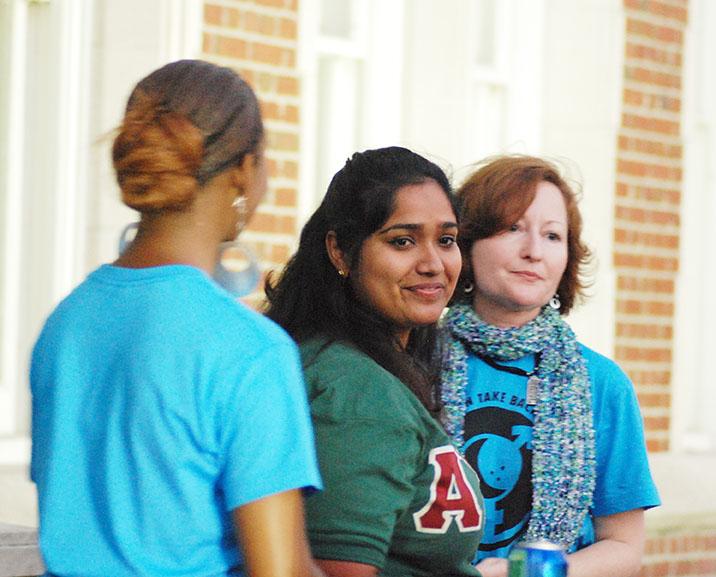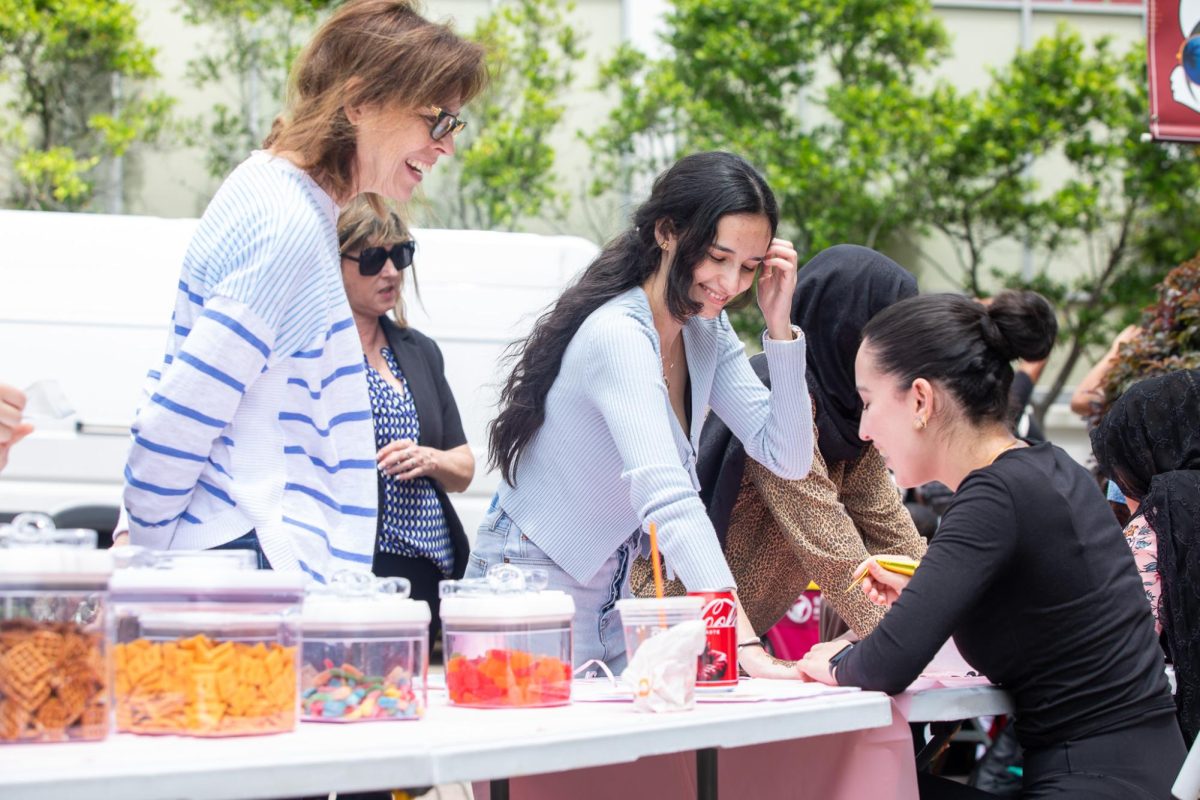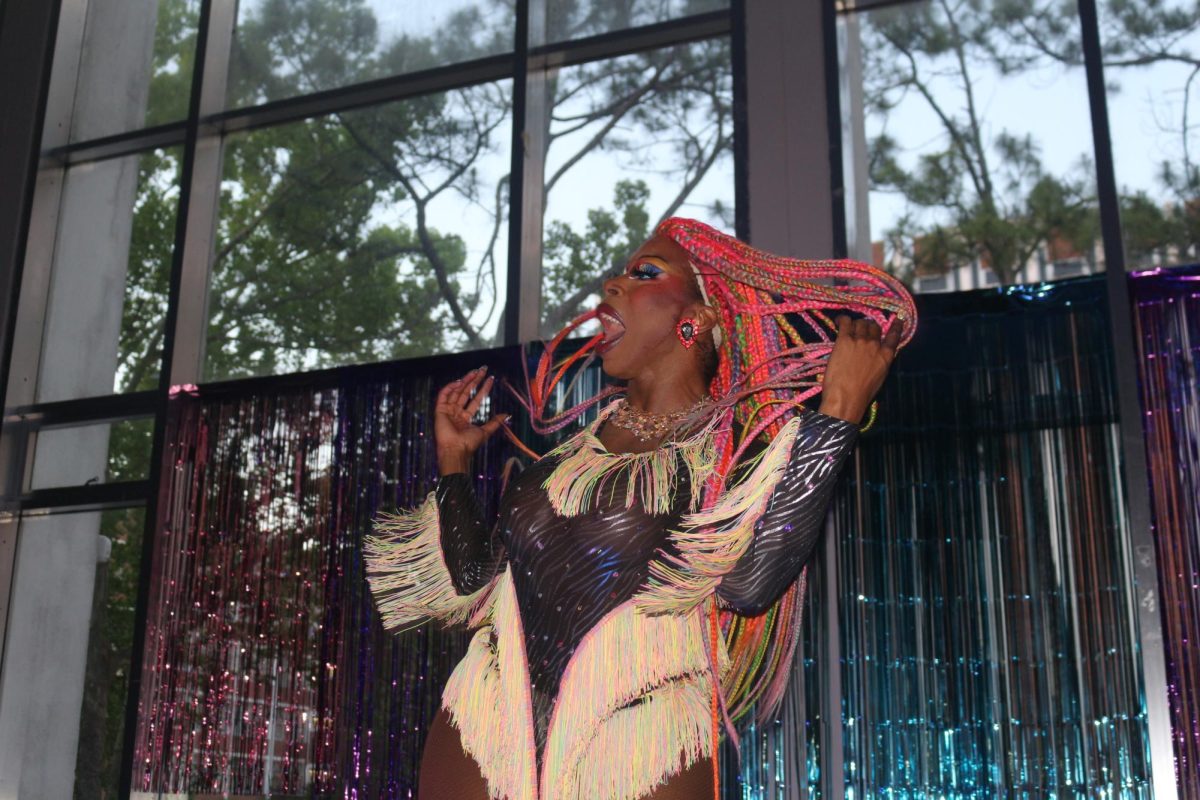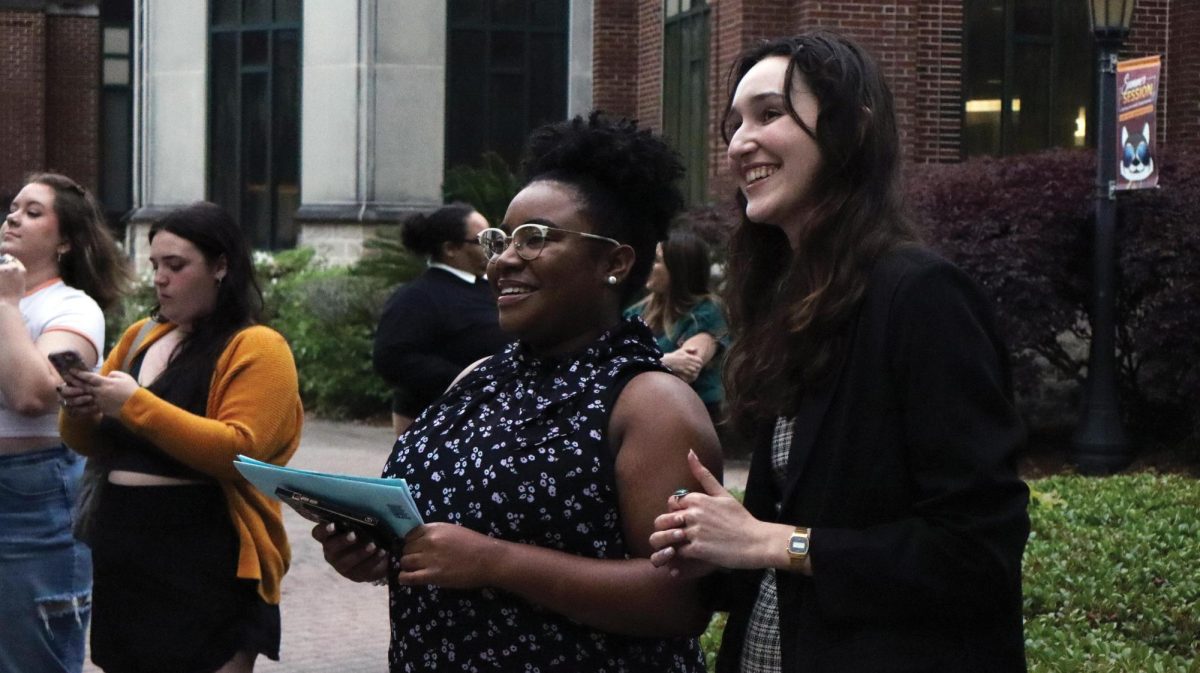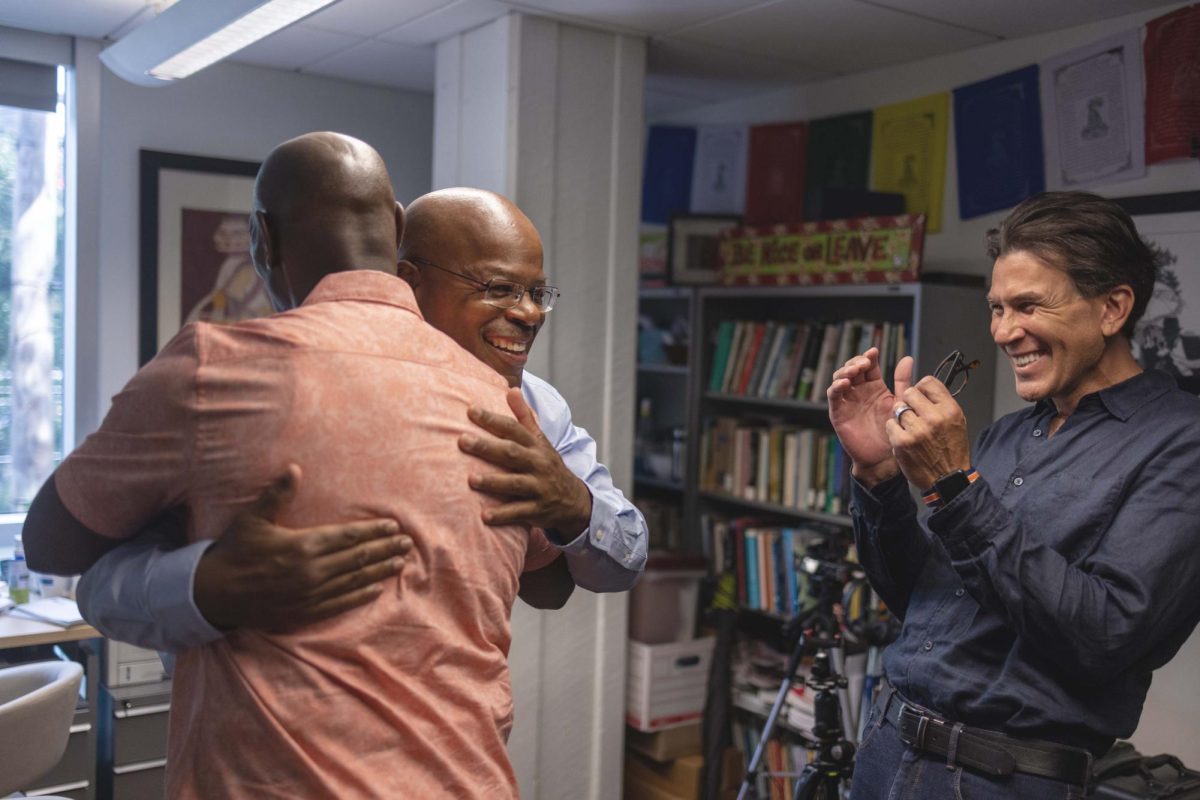They might be your good friend or just a person you say hi to on campus, but police call them a “known acquaintance,” and they are responsible for 80 to 90 percent of sexual assaults on college campuses.
In the past four months, two students have reported sexual assaults that occurred in Carrolton Hall. The perpetrator was a known acquaintance in both instances.
According to a report by the National Institute of Justice, college students are more likely to experience sexual assault than people who don’t attend college. One-in-five women will be the victim of rape or attempted rape during a five-year college career. This report, which looks at the high number of sexual assaults on college campuses, said that the victim and the assailant know each other as much as 90 percent of the time.
There are several factors that make acquaintance rape more prevalent and, for victims, sometimes hard to define as rape. Half of all student victims don’t label the event “rape,” especially when violence or a weapon were not involved and alcohol or drugs were in use, said the NIJ report.
“The myth of legitimate rape is that it is interracial,
violent and happens with a stranger,” said Jackie Joseph, political science junior and this year’s Take Back the Night keynote speaker.
Judy Benitec, executive director of the Louisiana Foundation Against Sexual Assault, said that the
beginning of the school year can be especially dangerous for students.
“The beginning of a school year is a time when increased sexual assaults happen because there is a lot of drinking, classes haven’t started, there are no tests and for some it’s their first time away from home. There are people who keep an eye out for people who aren’t used to drinking,” Benitec said.
Underreporting
Only five percent of college victims report the crime to campus authorities or law enforcement, said the NIJ report. Students may not report a sexual assault crime for a variety of reasons.
“Look at it this way. It’s embarrassing. A lot of people blame themselves, especially college students who were out with their friends and they feel like it’s their fault,” said Pam Albers, a licensed clinical social worker at Catholic Charities Archdiocese of New Orleans.
“They don’t want to report to the police because they’ve heard the horror stories of women being approached as if it’s their fault. There’s always a fear of retaliation, because often it’s used as a control tactic,” said Albers
Joseph said it can be even harder for students to report the crime at a small school like Loyola.
“The second you tell someone, you risk all these other channels knowing, like Student Affairs and your AD. Loyola is such a small community; it means a good chunk of your friends know the perpetrator, which makes it
harder,” she said.
Students may also feel the
incident was their fault because of their classmates’ reactions, said Joseph.
“Some people you tell will not be very embracing. They question you. They make you feel like you didn’t experience something,” she said.
Even though reporting may be difficult for victims, there are many resources available at Loyola and in New Orleans to help victims deal with the crime both emotionally and legally.
The University Counseling Center offers one-on-one counseling as well as an annual 10 session sexual trauma support group to help victims deal with anger, shame and dating, among
other things. There are also student advocates on campus who are available to victims as well, which for some may be a more comfortable and safe way to reach out for help.
“We’re here if you want to talk to a student instead of a counselor. Sometimes people want to remain anonymous and just talk for a while,” said Joseph.
Loyola and Tulane also co- sponsor Take Back the Night, a program designed to “raise awareness of sexual violence in our community and empower survivors,” said the Loyola website. It was recently held this year on Tuesday, Oct. 23.
Prevention and Education
It is important for students at Loyola to know what they can do to help prevent sexual assault around them and how to help a friend who has become a victim, according to Albers.
“You can do everything right and bad things still happen, but we all have a responsibility to make ourselves as safe as we can. If you’re going to go out, go with other people. And if you see your friend in trouble, you speak up. You get someone to help you and you stepininaway that’s comfortable and safe for you,” Albers said.
Most sexual assault prevention education is geared towards women; however, men should also take a responsibility in the safety of those around them, said Benitec.
“It’s about putting it back on guys to not just not commit the act, but to make others realize it’s not ok to commit the crime either,” Benitec said.
Joseph thinks there is an education gap between men and women and thinks that men should be more involved in sexual assault prevention education.
“We teach people how not to get raped and not how not to rape, and that’s a problem,” Joseph said.
If approached by a friend who says they have been sexually assaulted, remember not to re- victimize and to find out what that person wants to see happen, Benitec said. “They don’t have to do anything, they didn’t have to tell you. Just getting to the point of confiding in a friend is a huge thing. It means you have to acknowledge that it’s rape, which isn’t always abundantly
clear,” Benetic said.
“Ask them, what can I do to help you? What do you want to happen? Maybe they don’t want to go to the police, and I think we need to honor that. Sometimes in a campus environment, someone might just want to change their class schedule or campus housing so they don’t have to see the person everyday,” she said.
Joseph added that if you have a friend who shares their story with you, then you should always recognize boundaries, but keep an eye out for the person as well.
“At that point, you shouldn’t be asking what their story is unless they’re ready to share with you. But recognize if there are changes in behavior, make sure it’s not slipping into something worse,” she said.
Mary Jameson can be reached at [email protected]







